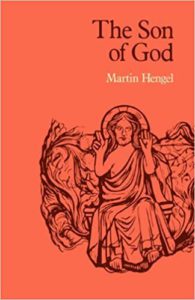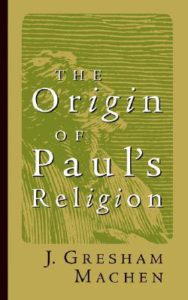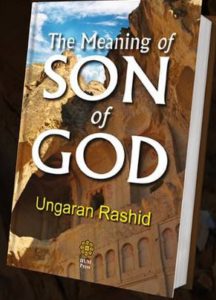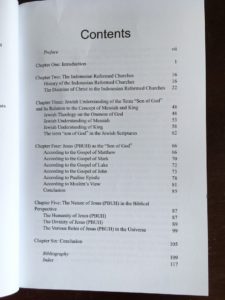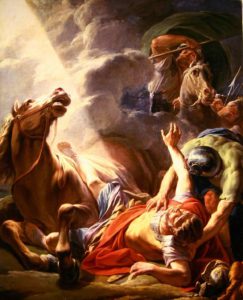
I. Apostolic Witness
Any discussion on the resurrection of Christ must take seriously the testimony of Paul’s first-hand account of the resurrection appearance of Jesus Christ. In Paul that we have immediate access to an eye-witness to the resurrection, a witness who could say, “last of all… he also appeared to me” (1 Cor. 15:8). Furthermore, he is a witness whose radical transformation of life only underscores the veracity of his testimony when he changed from being a persecutor bent on the destruction of the early church to becoming its foremost defender. Jesus, who he once rejected as a pretended Messiah, he now preached as the resurrected Lord, exalted at the right hand of God. Before the Damascus experience he could only regard Christ from a human point of view (2 Cor. 5:16), i.e., he applied worldly (Pharisaic) standards to his understanding of Christ, judging him according to the concepts of the Messiah at that time. /1/ This worldview was shattered on Damascus Road and was then substituted by another anchored solely on the risen Christ. /2/ Such a change, we submit, is neither due to the process of Paul yielding to the logic of the early witnesses, nor to be reduced to a fruition of psychological preparations in his life. /3/ Rather, it was because as Paul himself testified, he was confronted by the risen Christ on Damascus Road. It was a revelation of Jesus Christ, ἀποκαλύψεως Ἰησοῦ Χριστοῦ (apokalypseōs Iēsou Christou, Gal. 1:12). This phrase is probably not a subjective genitive (i.e., from Jesus Christ; NIV) but is an objective genitive, i.e., God revealed Jesus Christ and the gospel. /4/ As F.F. Bruce writes, “The gospel and the risen Christ were inseparable; both were revealed to Paul in the same moment. To preach the gospel (Gal. 1:11) was to preach Christ (Gal.1:16).”/5/ Continue reading “The Resurrection of Christ in Pauline Theology. Part 1/3: Resurrection and Apostolic Commissioning”

